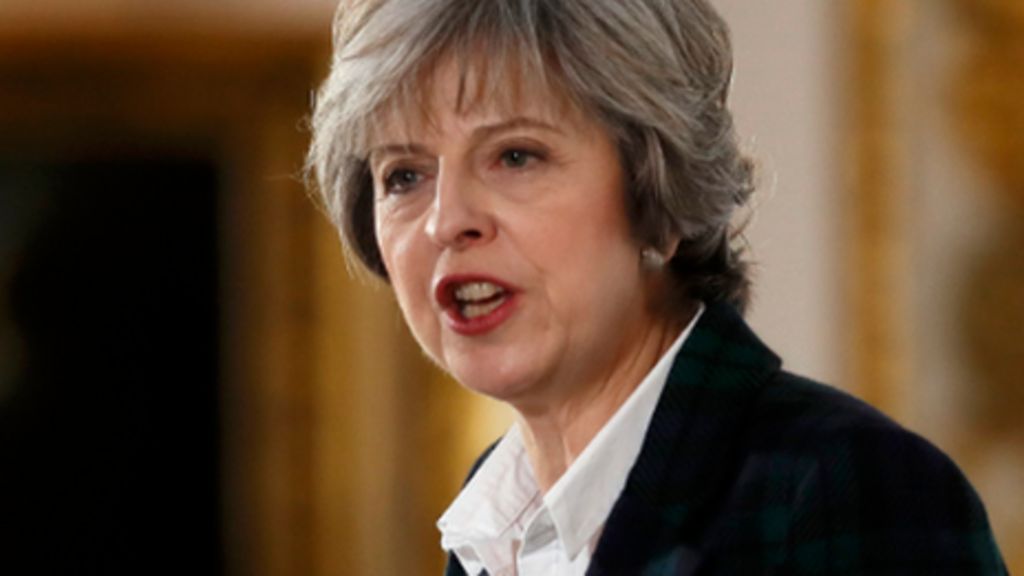 Following Theresa May’s widely anticipated speech on Brexit on Tuesday, you sent us your questions.
Following Theresa May’s widely anticipated speech on Brexit on Tuesday, you sent us your questions.
The impact on free trade was the most asked about subject. Below, BBC Economics Correspondent Andrew Walker looks at two of the most popular questions you asked:
The only thing on the list above that the Prime Minister has said she wants to opt out of is the free movement of people — or rather the free movement of people to work and settle in the UK.
She is very keen on the free movement of goods and services. She said in the speech that she wants: «the freest possible trade in goods and services between Britain and the EU’s member states. »
She does not want to opt out of that.
The freest possible means what we have today. For example: no tariffs on goods travelling in either direction, mutual recognition of each other’s technical standards, the freedom to offer services across borders and more.
In short, it means the provisions of the single market that apply to goods and services. It would be theoretically possible to go further still, especially in services. The European Commission says there are still barriers and it wants to tackle them.
But for now, the single market as it is represents the freest we can get.
The UK’s Brexit plans: What we now know
Europe sees UK set for ‘hard’ Brexit
Pound gains on May speech but FTSE falls
But Mrs May seems to accept that we can’t have that without also accepting freedom of movement for workers. And that is one of her red lines.
So once that has gone, the freest possible movement for goods and services will presumably mean something less than the single market, something less than we have today.
How much less will be a matter for negotiation. In fact, the answer to many questions about what will «X» be like when we leave will depend on the outcome of the negotiations. We can speculate but we can’t know for sure.
The UK does have some cards which will encourage the EU to lean towards what the Prime Minister wants. Some European businesses have the UK as an important export market — German car makers for example.
During the referendum campaign many Leave supporters were keen to point out that the rest of the EU exports more to the UK than the UK exports to them. That, they argued, means they need the UK more than we need them.
The counter-argument is that EU exports to the UK as a share of national income are a lot smaller than trade in the opposite direction. That suggests UK/EU trade matters more to us than to them.
Another reason that the remaining EU might want to be cooperative in trade negotiations is that many continental businesses would want to continue to be able to use the City of London as a financial centre. On the other hand some other cities, including Frankfurt, Paris and Dublin, might fancy a bigger slice of that pie.
So there are some economic reasons for the EU to share Mrs May’s desire for free movement of goods and services.
But there is an important political issue that pulls them in the opposite direction. They don’t want life in the UK to look too rosy at a time when there are rising Eurosceptic movements in many countries beyond the UK.






